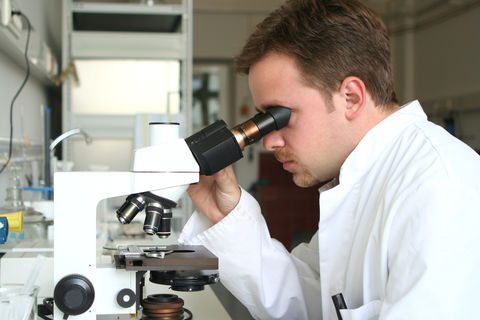Lipid being developed into new drug

Cardiff University has reported that a lipid whose anti-inflammatory activities were discovered by its researchers, with colleagues from Universities of Pittsburgh, Oregon and Michigan, is being developed into a new drug for the treatment of diseases that currently have limited therapeutic options.
Detailed study of the lipid by the groups of Professor Valerie O’Donnell from Cardiff University and Bruce Freeman from the University of Pittsburgh found it could dampen down inflammation in circulating blood cells, making it an excellent candidate for development into a drug for several inflammatory diseases.
Now under license to the biopharmaceutical company Complexa, the new drug CXA-10 has just received $62m of funding to enter phase 2 clinical trials where it will be tested on patients with FSGS and pulmonary arterial hypertension.
Professor Valerie O’Donnell, Co-Director of Systems Immunity Research Institute at Cardiff University, said “The discovery that this lipid has potent anti-inflammatory activity is now being used to develop therapies that could significantly improve the lives of people with life-threatening diseases.”
Josh Tarnoff, President and Chief Executive Officer of Complexa, said “CXA-10 has already demonstrated disease-modifying effects in preclinical tests and has great potential to do the same in inflammatory conditions such as FSGS and PAH, in which many patients fail to respond to existing treatment options.”
FSGS is a rare disease that leads to scarring in the kidney, reducing kidney function and causing the majority of people to develop end stage renal disease. Once dialysis is required, the average life expectancy is only eight years. There are currently no approved therapeutic options for people with FSGS, who often endure long courses of high dose steroids without responding. CXA-10 is being investigated as a steroid sparing agent in people who have been recently diagnosed with the condition.
Pulmonary arterial hypertension is caused by changes to the pulmonary arteries. The walls of the arteries become thick and stiff, narrowing the space for blood to pass through and increasing blood pressure. The disease leads to exercise intolerance, breathlessness and heart failure. In the UK, around six or seven thousand people have pulmonary hypertension. It’s thought that more people have the condition and haven’t been diagnosed.








